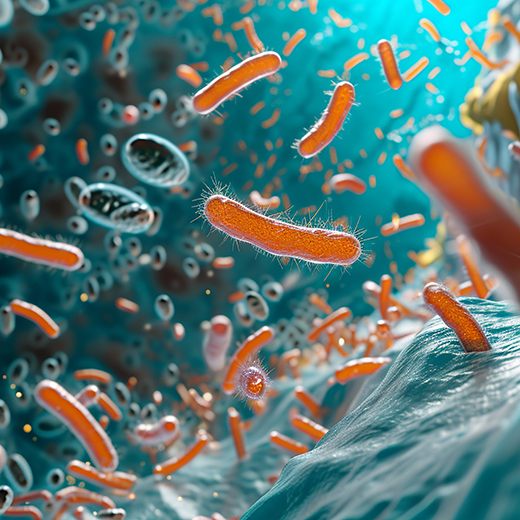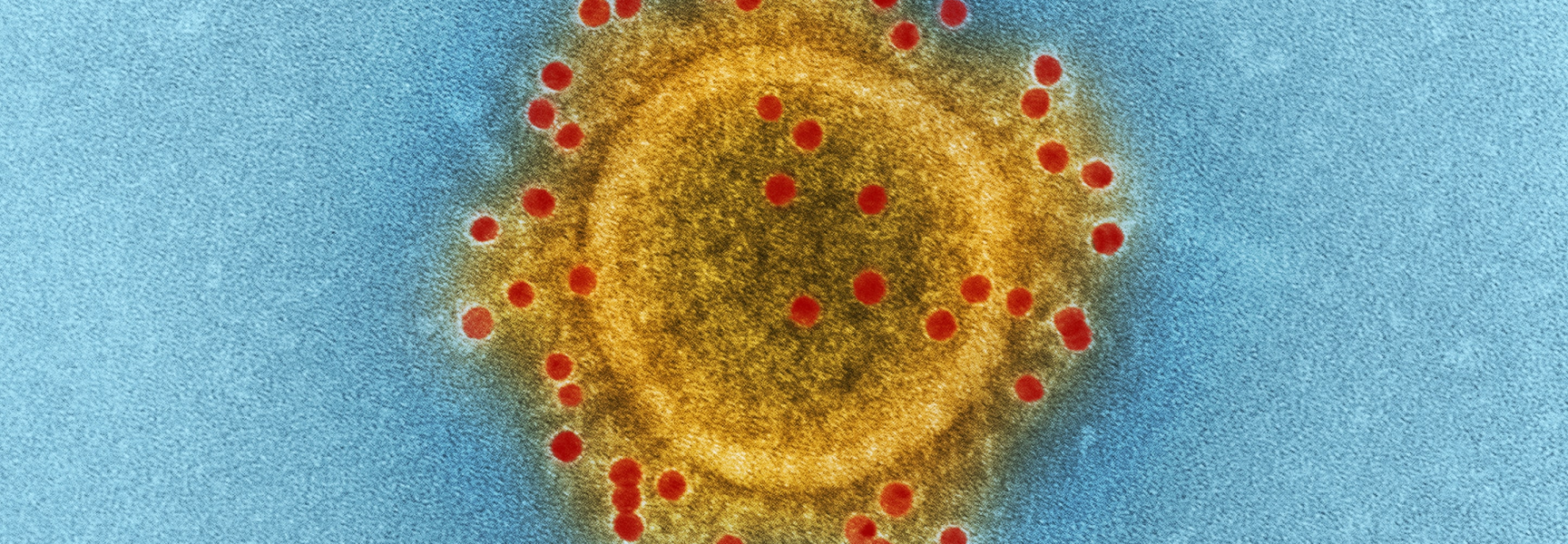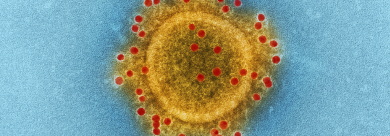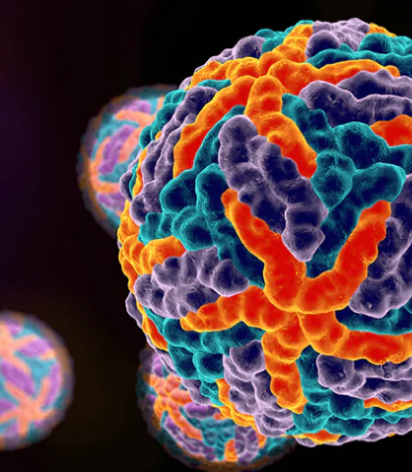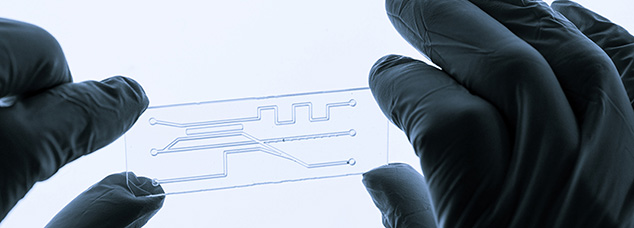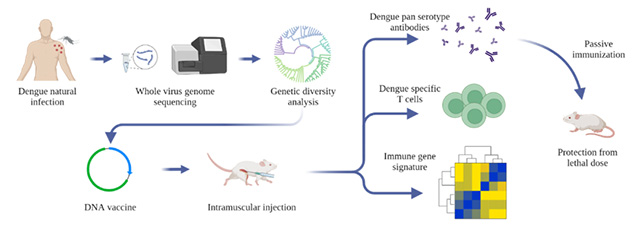Our department employs a unique blend of theory, simulations, and experimental techniques for biomolecular engineering. Fully atomistic and coarse grained molecular simulations are being developed to derive fundamental insights into protein interactions underlying disease states, which help identify novel drug and vaccine targets. Sophisticated single molecule spectroscopic experiments have been set up to probe rare molecular interactions within living cells, allowing first-hand observations of events that cause development and disease. Novel microfluidic approaches like paper-microfluidics and lab-on-chip devices are opening new and affordable avenues for point-of-care diagnostics and revealing cellular/ tissue behaviour in in vitro models.


